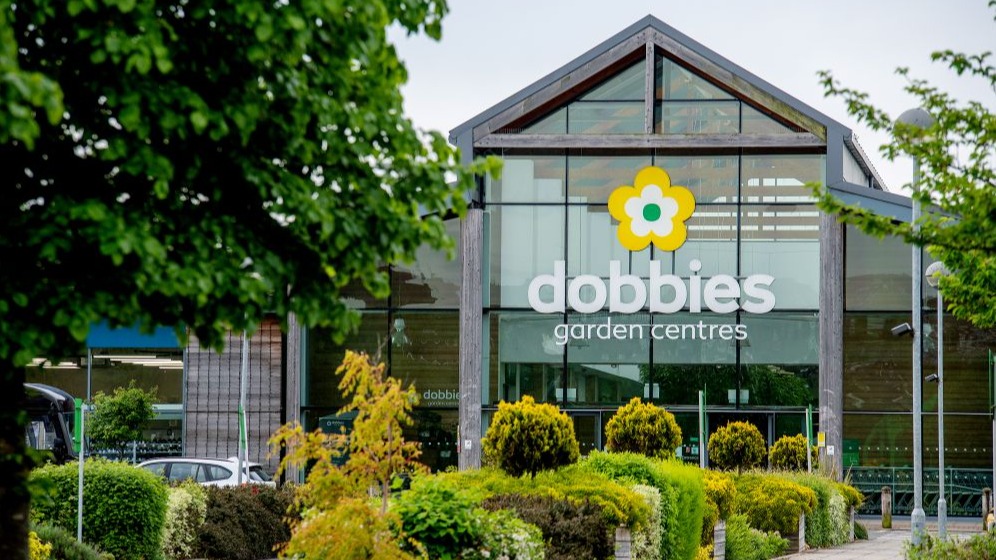Retail groups have raised alarm over a growing trend of shops in the UK purchasing stolen goods from professional shoplifters who are working for criminal gangs to feed their addictions.
The Association of Convenience Stores (ACS) reported that its members are experiencing "high volume" and "very brazen and direct" incidents of shoplifting. Commonly targeted items include meat, cheese, and alcohol.
James Lowman, chief executive officer of the ACS, stated, "What we are seeing is a higher volume of theft from the same people who are professional shop thieves, often doing it to feed addiction problems. And how do they do that? Well, they resell the products."
Lowman added that there is likely a stronger market for these resold products, with some businesses, particularly smaller shops, turning a blind eye to the potentially illicit origin of the goods.
Andrew Goodacre, chief executive officer of the British Independent Retailers Association (Bira), noted an increase in criminal gang involvement in organising shoplifters over the past year. He said, "I think 80 per cent of them report stuff being stolen now which they wouldn't have done two or three years ago. People are stealing pet food, pet accessories, cleaning materials, kitchen utensils, kettles, all sorts of things."
The ACS reported that its members logged 5.6 million incidents of shop theft over the past year, with half of the shoplifters being repeat offenders. In response, convenience stores spent £339 million on crime prevention measures such as CCTV, alarms, and tagging.
A former prolific shoplifter, identified only as Ross, told the BBC that he had stolen goods worth tens of thousands of pounds and regularly sold items to other shops. The 39-year-old, who has 15 convictions for shoplifting, estimated he stole goods worth £300 every day to fund his crack cocaine and heroin addiction.
A spokesperson for the British Retail Consortium (BRC) said stolen goods were ending up in "unscrupulous" restaurants, on market stalls, and online marketplaces. The spokesperson added, "It's tough for retailers because they do report these crimes and there are processes they go through. But the police response is so low at the moment that unfortunately these crimes aren't treated with enough seriousness at the moment."
Stephanie Karte from Retailers Against Crime highlighted the broader implications of this trend: "Basically the items that they do steal, they're getting money from that and then where's the money going? It's going to the drug dealer. So at the end of the day, when you think about it and all of these little things, it's all really funding a more serious crime."
As the issue continues to escalate, retailers are calling for a more robust response from law enforcement to tackle this growing problem that not only affects businesses but also fuels wider criminal activities.
Latest News
-
Tesco makes ‘significant strides’ on safety through body worn cameras
-
Flying Tiger Copenhagen appoints new group chief executive
-
Walgreens cuts over 600 jobs after buyout
-
Mango opens first store in Limerick as part of expansion plan
-
eBay and Etsy to buy Depop for $1.2bn
-
REWE opens automated fresh food facility to serve Berlin outlets
Beyond Channels: Redefining retail with Unified Commerce
This Retail Systems fireside chat with Nikki Baird, Vice President, Strategy & Product at Aptos will explore how unified commerce strategies enable retailers to tear down these barriers and unlock new levels of operational agility and customer satisfaction.
The future of self-checkout: Building a system that works for consumers and retailers
In this webinar, industry leaders discussed what the future of self-checkout looks like and how retailers can make the technology work for everyone.
© 2024 Perspective Publishing Privacy & Cookies









Recent Stories